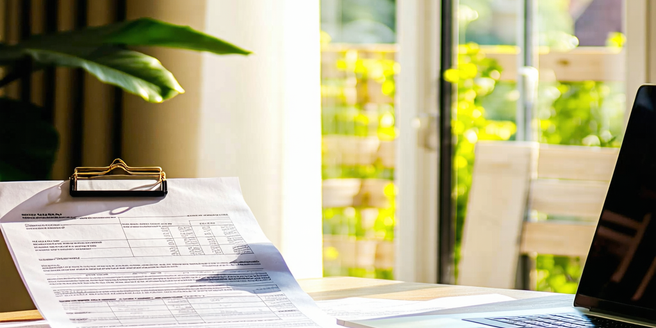Financial Planning For Tenants

Understanding Your Rental Agreement
Understanding your rental agreement is crucial for a smooth renting experience. A rental agreement is not just a formality; it is a legally binding contract that outlines your rights and responsibilities as a tenant. Carefully review the terms, including rent amount, due dates, payment methods, and any penalties for late payments. Pay special attention to clauses about maintenance, property modifications, and the process for renewing or terminating the lease. If anything is unclear, ask your landlord or a legal professional for clarification. Being informed about your rental agreement empowers you to make educated decisions and helps prevent disputes. Additionally, understanding your obligations will ensure you know how to uphold your end of the agreement, fostering a positive relationship with your landlord.
Budgeting for Rent and Utilities
Effective budgeting is essential for managing rent and utilities, which are significant monthly expenses. Start by calculating your total monthly income and subtracting mandatory expenses like rent, utilities, and insurance. Aim to allocate approximately 30% of your income to housing costs, including rent and utilities, as this is a widely recommended guideline. Create a detailed budget spreadsheet to track each expenditure and adjust as necessary to ensure you stay within your means. Consider using budgeting apps to monitor spending and keep track of bills. Regular reviews of your budget help you identify areas where saving is possible and ensure that you are not caught off-guard by fluctuations in utility costs. Having a firm grasp on your financial situation offers peace of mind and stability.
Building an Emergency Fund
Building an emergency fund is a vital part of financial planning, especially for tenants. This fund acts as a financial safety net, covering unforeseen expenses that might arise due to job loss, medical emergencies, or unexpected repairs. Start by setting a realistic savings goal. A good rule of thumb is to aim for three to six months’ worth of living expenses. Begin small by saving a designated amount each month until you reach your target. Make this fund a priority in your budget and automate your savings whenever possible. Keeping the fund in a separate, easily accessible savings account will help you avoid the temptation to dip into it for non-emergencies. By having this cushion, you can manage sudden expenses without relying on high-interest credit cards or loans.
Managing Debt as a Renter
Managing debt effectively is crucial for financial health, especially when renting. Start by assessing your total debt, including credit cards, student loans, and other outstanding obligations. Prioritize paying off high-interest debts first to minimize overall interest payments. Develop a strategic repayment plan that fits within your budget by allocating a fixed amount towards debt payments each month. Consider consolidating debts to achieve a lower interest rate or more manageable payment terms. Avoid accumulating new debt unless absolutely necessary, and be vigilant about timely payments to maintain a good credit score. Use online tools to help track your progress and stay motivated. Effective debt management will ensure you have the financial freedom to enjoy renting while preparing for long-term financial goals.
Planning for Future Homeownership
For many renters, planning for future homeownership is a key financial goal. Start by determining how much you can afford based on your income, savings, and current expenses. Create a savings plan to build a robust down payment, as larger down payments often result in better mortgage terms. Familiarize yourself with the local real estate market to understand pricing trends and neighborhoods. Improve your credit score by paying bills on time and reducing existing debts, as this will improve mortgage terms available to you. Consider speaking with a financial advisor to evaluate your readiness and explore available financing options. Begin planning early and set specific, achievable milestones to progressively work towards. By preparing in advance, you’ll be well-positioned to transition from renting to owning your home.